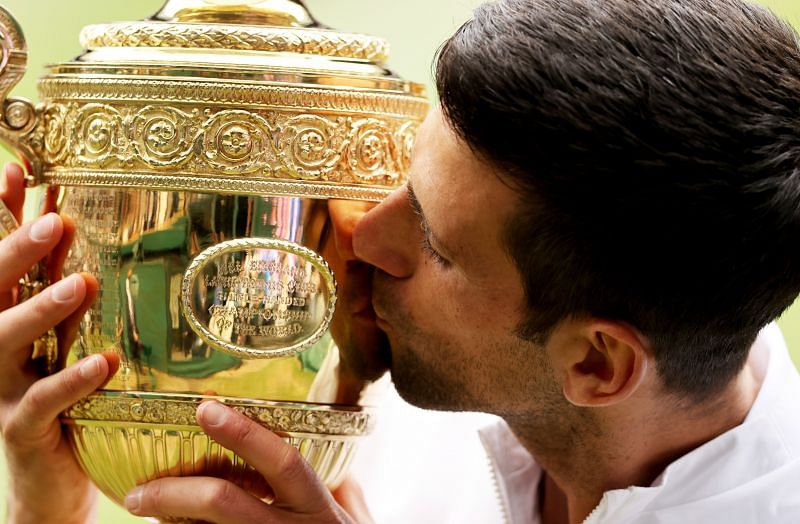
5 reasons why Novak Djokovic might not win the gold medal at the Tokyo Olympics
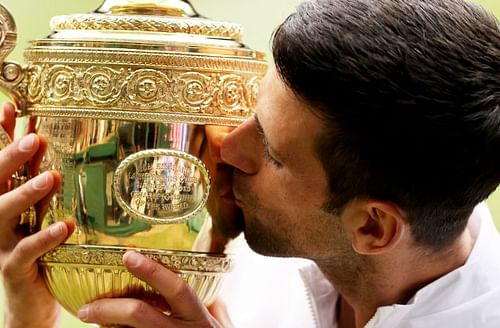
There seems to be no stopping Novak Djokovic at the moment. The World No. 1 lifted his 20th Grand Slam title at Wimbledon, dropping just three sets in the tournament and defeating Italy's Matteo Berrettini in the final.
With the win, he joined Roger Federer and Rafael Nadal at the top of the Grand Slam leaderboard.
Earlier this year, the Serb became the first male player in the Open Era to complete the Double Career Grand Slam when he won the French Open.
Djokovic has now set his sights on winning the gold medal at the Tokyo Olympics, which is set to get underway later this week.
The Serb is the overwhelming favorite to win the men's singles competition in Tokyo, but there is always a possibility for him to falter.
Here, we take a look at five possible reasons why Djokovic might not win the gold at the Olympics this year.
#1 Physical and mental let down after Wimbledon win
Having won two Grand Slams over the space of four weeks, there is a strong possibility that the World No. 1 could suffer some sort of a mental and physical let down in Tokyo.
Djokovic has spent a lot more time on court than his rivals over the past month or so and it will be interesting to see how much he has left in the tank.
At 34, the Serb is not getting any younger and despite what his results might suggest, he is still human.
#2 Pressure to win the Calendar Golden Slam
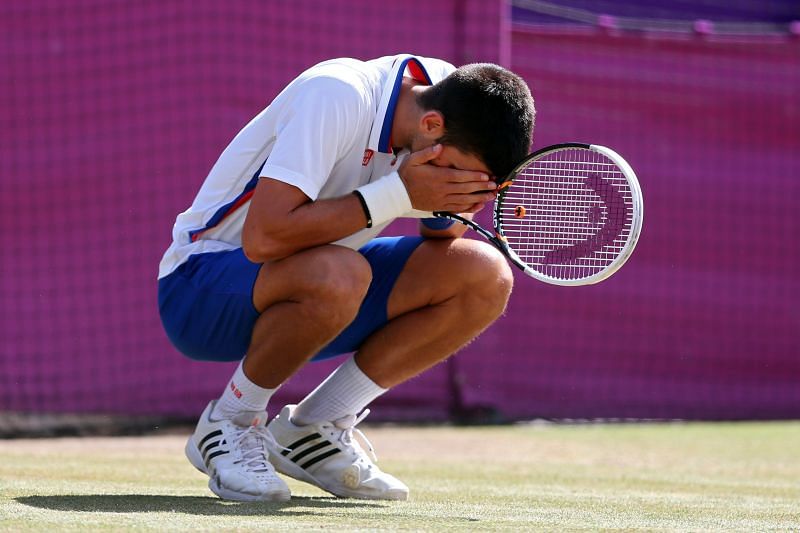
The Calendar Golden Slam refers to winning all four Majors in the same year along with the singles gold at the Olympics. To this date, Steffi Graf is the only tennis player in the Open Era to have achieved the feat, doing so in 1988.
No male player has won the Calendar Golden Slam yet but Djokovic is well on his way to doing so, having triumphed in the first three Majors of the year.
However, there would be an enormous amount of pressure on the Serb's shoulders at the Tokyo Olympics, given the fact that this could be his last shot at a singles gold medal.
In his last two appearances at the Olympics, the Serb was defeated by Juan Martin del Potro, He lost to the Argentine in the bronze medal playoff in 2012 and in the very first round in 2016.
The fact that he failed to win a medal on both occasions only adds to the weight of expectations.
#3 More vulnerable in best-of-3-set matches
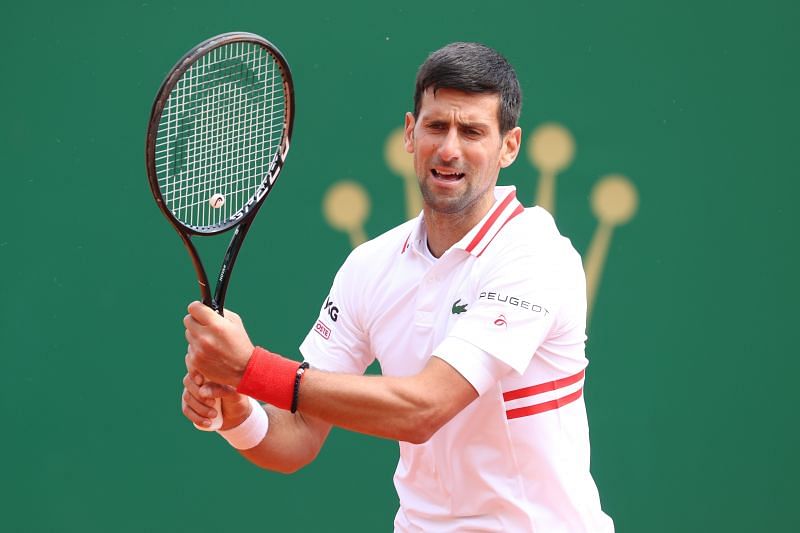
There is no doubt Djokovic takes his game to a whole new level at the Grand Slams, which follow the best-of-five format. But considering that the matches at the Olympics are three-set affairs, Djokovic could be more vulnerable.
The three losses he has suffered this year have all come in three-set encounters; he was beaten by Rafael Nadal at the Rome Masters, Russia's Aslan Karatsev in Belgrade, and Brit Daniel Evans at the Monte-Carlo Masters.
The Serb often starts matches slowly and takes time to get into his groove on the court. Earlier this year at the French Open, Djokovic found himself two-sets-to-love down on two separate occasions - against Italy's Lorenzo Musetti in the fourth round and against Stefanos Tsitsipas in the final.
He managed to claw his way back into those matches in sensational fashion and ended up winning, but he won't have the same luxury in best-of-three-set contests at the Olympics.
#4 Absence of the crowd
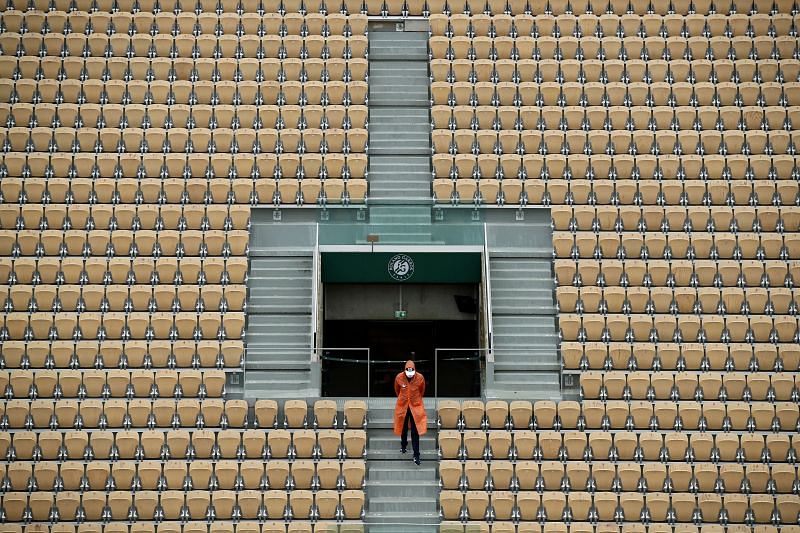
A few weeks ago, Djokovic had considered pulling out of the Olympics due to the fact that matches would be played in front of empty stands.
However, he eventually decided to travel to Tokyo and in an interview with Montenegro's MINA news agency, the Serb confirmed that former Olympian Blanka Vlasic persuaded him not to pull out.
"It came down to patriotism and my feelings for Serbia," Djokovic said in the interview. "I am not overjoyed about playing with no fans present or about the various coronavirus restrictions effective in Japan, but representing your country in the Olympics is indispensable."
The Serb rarely ever gets the majority of support from the crowd in his matches, but he usually uses that as fuel to spur him on to victory. Having made his feelings clear about playing in an empty stadium, it will be interesting to see how Djokovic fares on the court.
#5 Tough competition despite spate of withdrawals
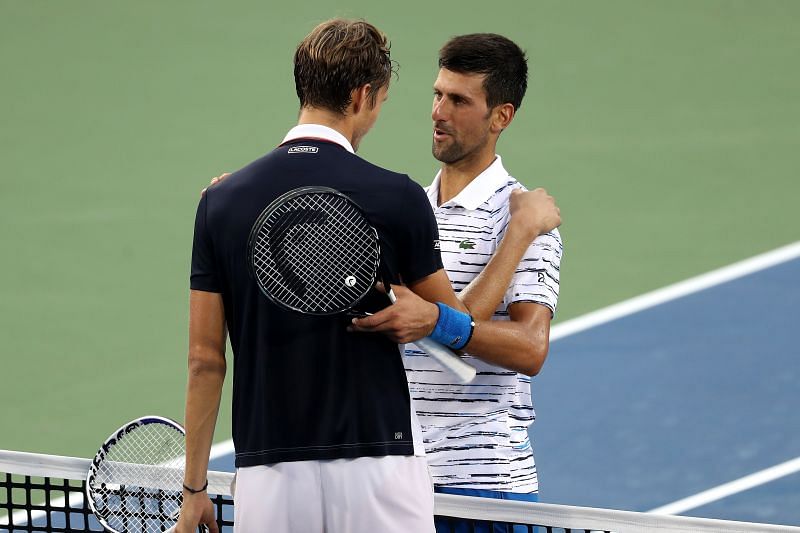
Despite the withdrawal of top players like Roger Federer, Rafael Nadal and Denis Shapovalov, the men's singles field is still stacked. Stefanos Tsitsipas, Alexander Zverev, Daniil Medvedev, and Andrey Rublev are some of the big names who will look to take down Djokovic in Tokyo.
Apart from Rublev, who hasn't faced Djokovic yet, Tsitsipas, Zverev and Medvedev have all registered multiple wins over the Serb in best-of-three-set affairs.
Medvedev has defeated Djokovic thrice in their last five meetings. Two of those wins came last year and one in 2019. Both of Tsitsipas' wins over the Serb have come on hardcourt at the Masters 1000 level. Zverev, on the other hand, famously defeated Djokovic in the final of the 2018 World Tour Finals.
The men's draw also features the likes of Kei Nishikori and Andy Murray who have the ability to trouble Djokovic.
With a host of top players in the draw, the Serb will definitely have his task cut out in Tokyo.